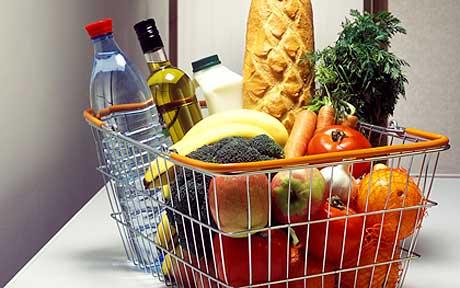Advertisement
/ Customer
service
| About Us | Contact Us | Tell us what you think
| Jobs |
Shopping | Scandinavian
Dating | Archive
| Cookies
Advertisement
More chemicals fund in ordinary products including fruits and vegetables
Wednesday, 20 March 2013Fewer and fewer foods are free of pesticide residues, a new finding show. Grapes, citrus fruits, strawberries among others are products, which are expected that people consume regularly in order to keep a better health balance have been found to be saddled with chemicals.
A new analytical data for this year shows that within the European cereal, there are worryingly high levels of various forms of chemical agents.

In half of the 77 000 samples from more than 500 different food, there were aspects of residues of chemical pesticides. The samples come from products sold in the EU, Iceland, and Norway.
This year's report from the European Food Safety Authority focuses on apples, cabbage, leeks, lettuce, milk, peaches, pears, cereal, strawberries, pork and tomatoes. The annual reports are not fully comparable because they concern different foods marketed in the EU in different years.
Strawberries, citrus fruits, are reported high levels of content in terms of quantity and how much pesticide residues are present in the same sample. And for grapes there has been found both carcinogenic and endocrine and reproductive disruptors chemicals.
The worst in terms of chemical content are grapes from India, where 53 percent of the samples were above the limits. The existence of residues of pesticides in some fruits and vegetables has been known for some time. But it looks like chemical proliferations has grown stronger and its effects of our health remains to be shown in the future. Already today we have anti biotic resistance, it is not clear why and how that occurs.
by Scancomark.com Team
 |
|
